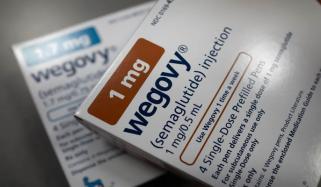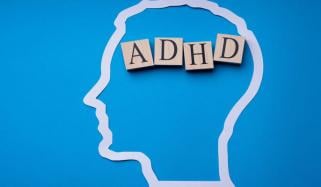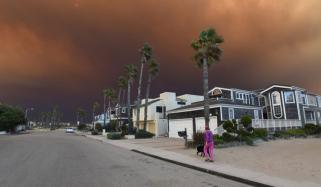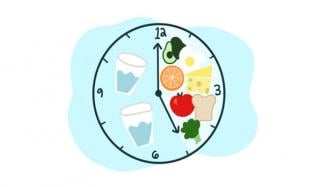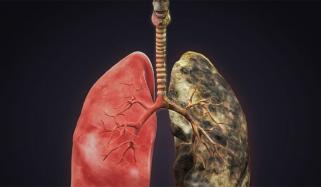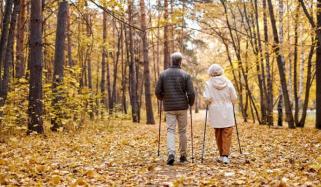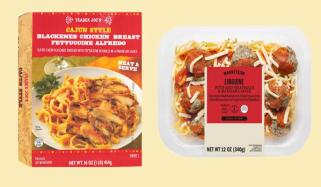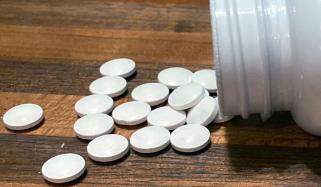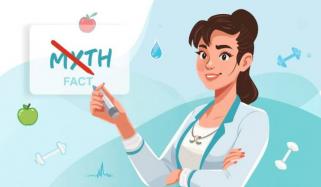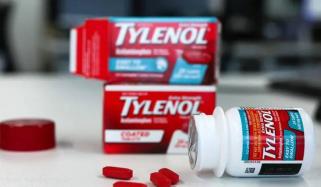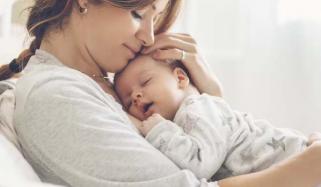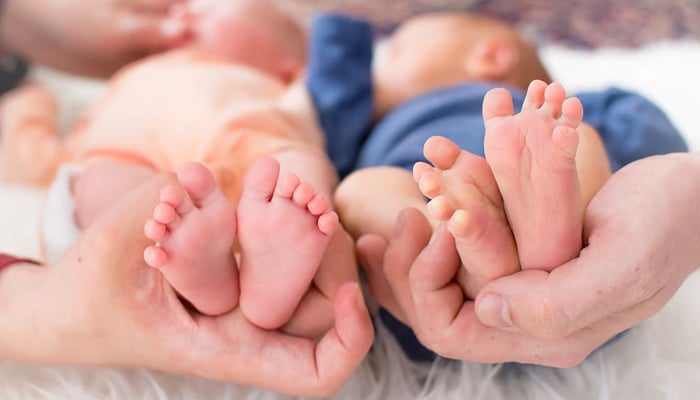
A recent study revealed that newborns can be easily protected against respiratory syncytial virus (RSV) infection by using the nirseviman, a monoclonal antibody treatment.
According to research published in The Lancet Child & Adolescent Health on May 1 babies treated with nirsevimab were reported an 83% minimised risk of hospitalisation due to RSV infection.
Morever, the antibody treatment minimised the risk of intensive care admissions by 81% and instances of reduced respiratory tract infections (RTI) by 75% in infants.
Nirsevimab effectively stopped RSV-related hospitalisations in infants less than 3 months (81%) in contrast to those three months or younger (76%), researchers report.
A professor of computational epidemiology and vaccine science with York University in Ontario, Canada and team led by senior researcher Seyed Moghadas stated:
“Our findings indicate that the benefits of nirsevimab observed in clinical trials are also evident in real-world settings, effectively reducing the burden of RSV disease in infants and, consequently, health-care use.”
The U.S. Centers for Disease Control and Prevention (CDC) advised that all babies be protected from RSV by one of two methods.
A pregnant lady can also pass on protection by receiving an RSV vaccine during the gestational period, or they can also receive a newborn antibody treatment to protect them against RSV.
Researchers gathered data from 27 studies conducted during the 2023-2024 RSV season across five countries, including France, Italy Luxembourg, Spain and the United States.
Although the protection from the antibody treatment was high, researchers found that its effectiveness did vary by country.
The U.S. had higher effectiveness, with 93% of treated infants avoiding hospitalization, compared with 83% in Spain and 76% in France.
Researchers said that it is likely because more babies who receive the antibody treatment were at a significantly higher risk of contracting this disease in the U.S.
“Our findings underscore the importance of infant immunization programs in alleviating the health and economic burden of RSV disease in the high-risk period following birth,” researchers stated.
The U.S. health experts recommended nirsevman treatment for babies who were at a higher risk.

